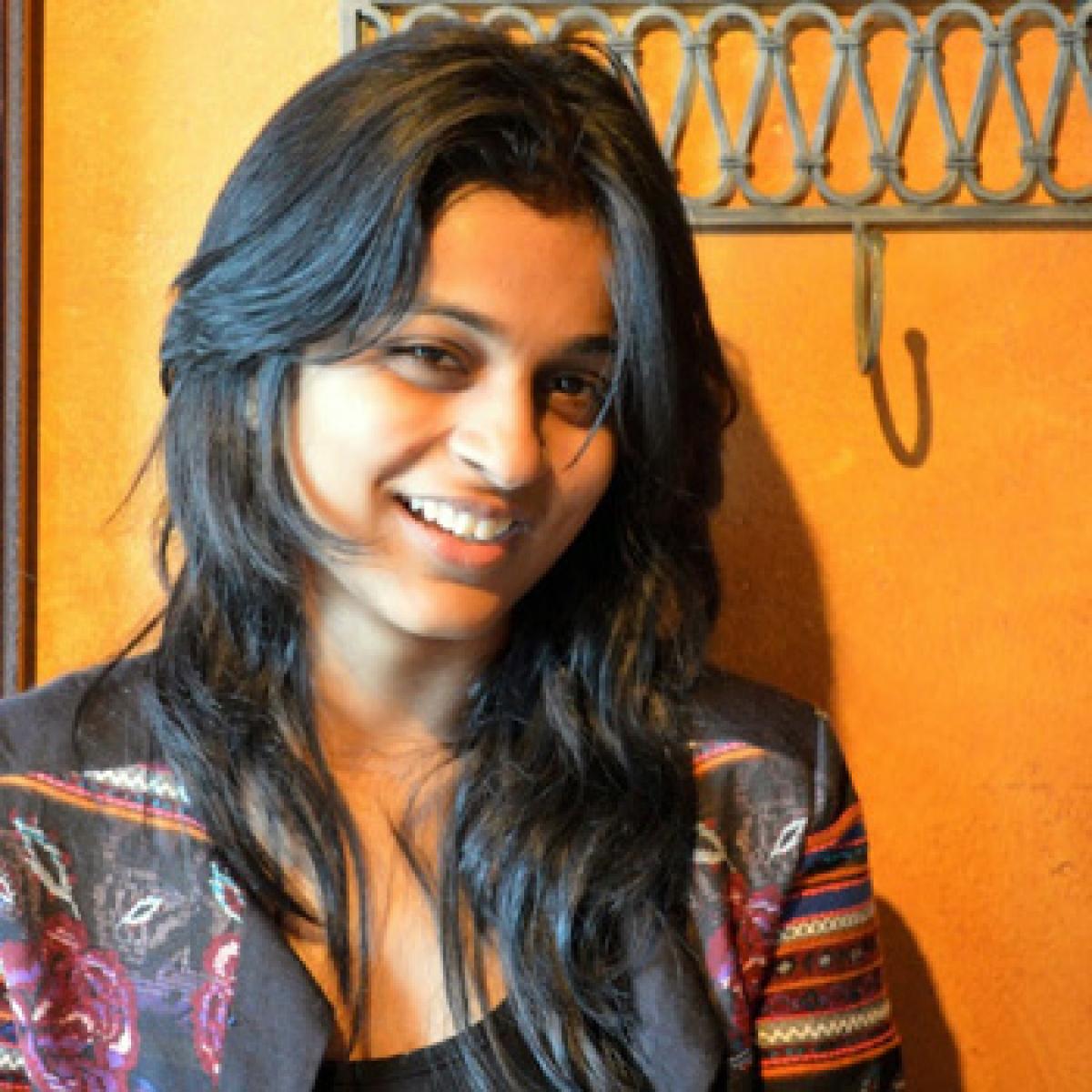Live
- Gold rates in Visakhapatnam slashes today, check the rates on 09 October, 2024
- Historic hat-trick for BJP in Haryana
- YSRCP expresses alarm over rising attacks on women
- Gold rates in Hyderabad slashes today, check the rates on 09 October, 2024
- Ahmedabad varsity launches The Climate Institute
- State food labs to come up at Tirumala, Kurnool
- PSLV-37 rocket enters earth’s atmosphere
- AI pioneers Hinton, Hopfield win Nobel Prize in Physics
- Govt to conduct Palle Panduga from Oct 14
- Caste census report likely to be placed in Assembly: HM
Just In

A street side dentist camp opposite Baroda University, which also has a dental college, proclaims - teeth are the mark of class and caste. A quack at the camp earns a living by treating poor people, who cannot afford dental treatment at private hospitals and do not go to government infirmaries either, as they are too crowded.
Nidhi Dugar Kundalia’s debut book ‘The Lost Generations’ documents the dying professions across India
A street side dentist camp opposite Baroda University, which also has a dental college, proclaims - teeth are the mark of class and caste. A quack at the camp earns a living by treating poor people, who cannot afford dental treatment at private hospitals and do not go to government infirmaries either, as they are too crowded.
Nidhi Dugar Kundalia in her debut book ‘The Lost Generation’ documents 11 such uncommon and fading professions in India. Speaking about her book the 28-year-old author says, “The book is essentially recordings my childhood. I have always been curious about the times that existed before I was born; the times of my parents and grandparents that are fast fading away.
When I moved to Kolkata from Hyderabad, I was quite surprised to see the fragments of this face of India that continue to exist in the remote corners, towns and cities, tribal areas, etc, which is when I realised that it is important to document these professions before they completely disappear.
The debut author says that she did extensive research for the book and it took her one-and-a-half-years to pen it. “My primary research was mostly from reading many books in libraries of Kolkata and in JNU, online journals, and individual interviews with the people about their lifestyles.”
On the perspective that she gained while doing the research and writing the book, Nidhi says, “There is a huge urban and rural divide still existing in India even in this 21st century. There is so much discrimination against women, there is caste, class and patriarchy in everyday issues, which manifest and become bigger issues.
Infanticide and female foeticide still happen in the country. It is a vicious circle of poverty, which also plays a huge role in this. While doing the book, I gained a generic idea about how other parts of the country is faring.”
Citing examples of the professions that symbolise discrimination, the journalist-turned-author says, “There are people who are called Budaga Jangams in Telangana. They are Dalits and eat rats for a living.
These people have memorised epics after epics and narrate them in Burra Kathas and even this is a dying art. There is very less demand for their art, so most of them instead of progressing to other professions for better standards of living, are actually now picking up garbage and became rag pickers. It’s sad to see them.
I’m empathetic towards their situation. The work like that of Rudalis in Rajasthan and traditional Genealogists in Banaras, etc are like plague to the society. They should be abolished and it should be replaced by work that improves standards of living.”
Nidhi was born and raised in Hyderabad. She did her schooling in Nasr and graduated from St Francis, later she went to London to pursue higher studies. “I used to live with my grandparents in Hyderabad and now after my marriage, I moved to Kolkata. I used to visit Old city and the ittar walas there always fascinated me and I wrote about them too in my book,” Nidhi signs off.

© 2024 Hyderabad Media House Limited/The Hans India. All rights reserved. Powered by hocalwire.com







